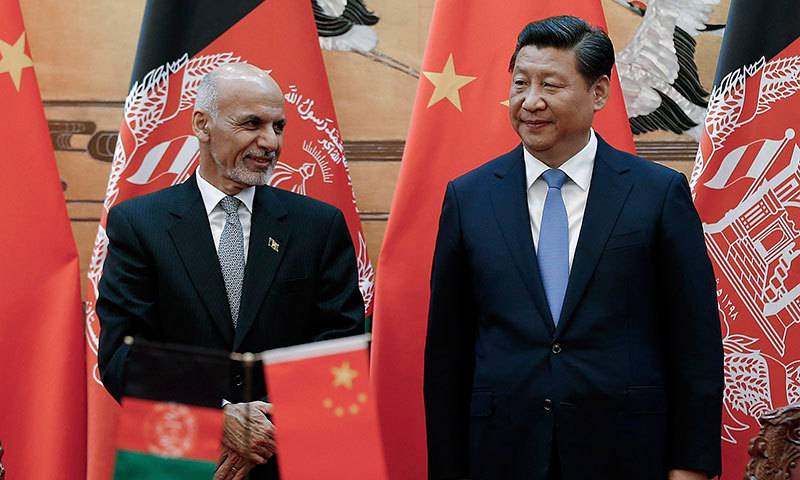In contemporary era China has emerged as a rising dominant power because of its soft power approach which it has focused upon in many countries and regions. The recent foreign policy of China is an attempt to portray it as peace-loving, cooperative and responsible power so as to maintain its benign image in the world. The concept of soft power was given by Joseph Nye in the ‘80s which states that it is the country’s ability to persuade others without using coercive means. China, however, has taken the idea of Nye’s soft power and implemented its foreign policy accordingly.
China’s foreign policy is based upon five principles of peaceful coexistence which include ‘non intervention’, respect for sovereignty and boundaries of other states as well as no-interference in internal affairs of states. However, it is surprising that China has involved itself in Afghanistan despite of having non-interference policy. This has happened because China sees itself as responsible actor in the region to provide security guarantee to other states as well. And it must also be noted that foreign policy transforms according to states interest.
China, therefore, in order to gain its regional influence is trying to expand its soft power which ranges from cultural to economics. China is trying to maintain good and friendly relations with states in the region as well as outside the region. The situation in Afghanistan hasn’t been stable since many years; the constant fighting has caused much unrest in the state which China seeks to stabilise in today’s arena. The stability is necessary to be bought up in Afghanistan because by doing so China would also be able to protect its own interests, i.e. it fears that terrorism which is present in may not spill over in its Xinjiang autonomous region which is its western province. Another ambition which China is working upon is to achieve its emerging power status in South Asia therefore it is promoting its soft power image by increasing its bilateral ties with other states.
China knows that future of Afghanistan could be made peaceful and stable by winning the popular support and mixing security with development therefore China is investing in Afghanistan because a country cannot sustain itself for much longer depending upon foreign aid. Investment can, however, change a country and make it prosperous. Afghanistan is a state which is rich in agriculture sector but irrigation land which it posses is less therefore China can improve the agriculture sector by building more dams and irrigation system as it promised to provide assistance for hydro power plant in Kunar which is a violent border region.
Through its OBOR initiative, China seeks to build transport and energy projects: roads, bridges, gas pipelines, ports, railways, and power plants. This would also give an advantage to Afghanistan because developing infrastructure and economy could help build a prosperous state. It is also believed that if China would develop infrastructure of Afghanistan it would enable Afghanistan to build its security forces as well. It has also been observed that China is getting itself involved in peace talks between Afghan Taliban and Afghanistan government.
Chinese leadership believes that it would be able to promote peace and prosperity in Afghanistan. The investment which China is making in Afghanistan is one step in economically developing a state and it would also develop its forces. Overall it could be said that the primary goal which China has is the security of Afghanistan and it also requires the efforts of all regional actors as well, because it would be beneficial for all states to have a stable and secure Afghanistan. It must be noted that the stability of Afghanistan would ultimately bring stability in the region. China by bringing stability in Afghanistan could achieve a status of dominant power in South Asia.






